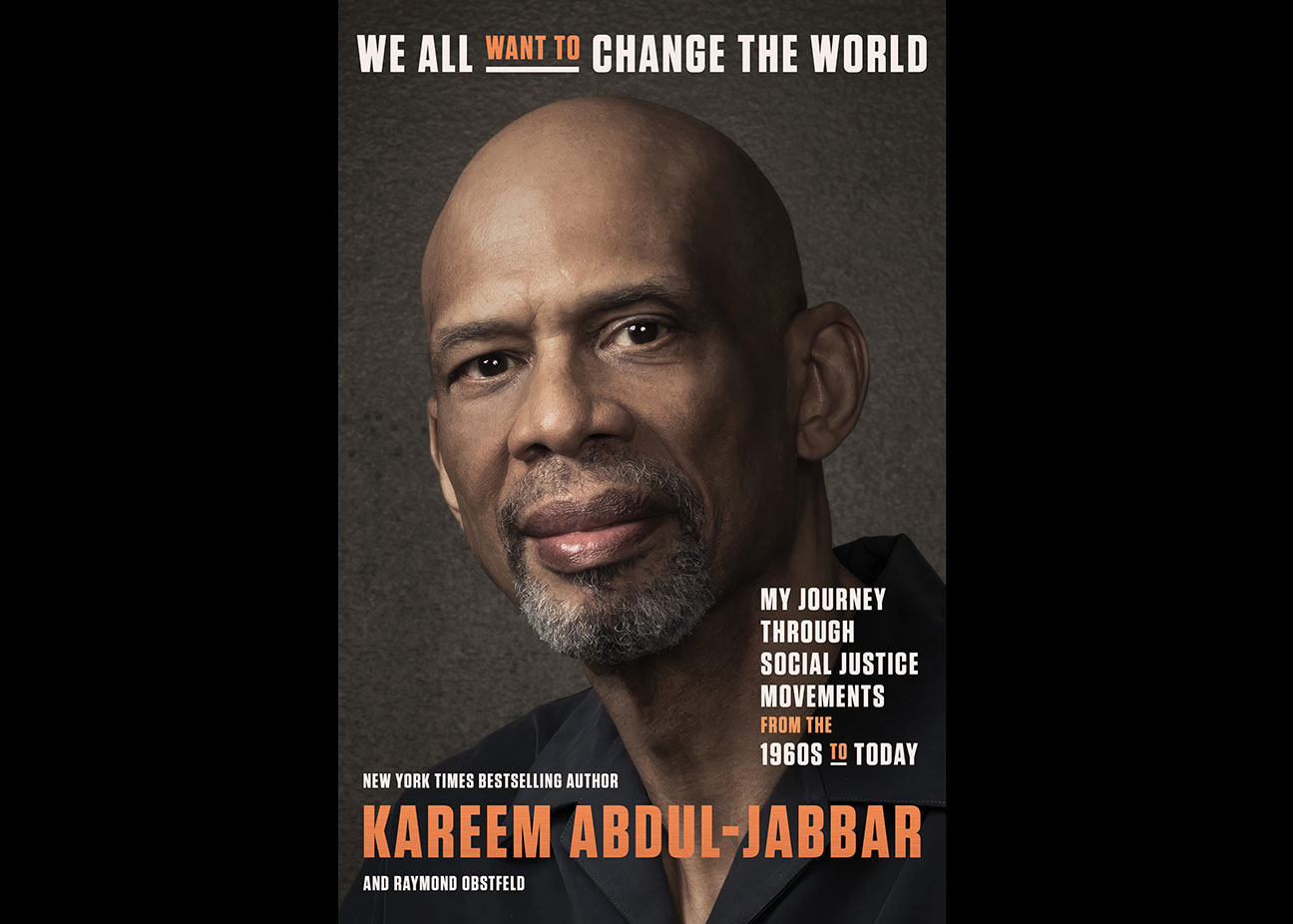
There is a humility to Kareem Abdul-Jabbar that is surprising about the NBA legend, best-selling author, writer, and activist. Whether on common sense Substack essays, op-eds in the country’s most prominent newspaper and magazines, or the 20 books he has authored since 1983, Abdul-Jabbar manages to offer rational wisdom, compassion with boundaries and when needed, a good, old-fashioned public rebuke against emboldened racists, without a hint of entitlement.
But if anyone is entitled to the perks that come with legendary status, it is Abdul-Jabbar, a six-time NBA champion who was voted Most Valuable Player six times, immortalized the Skyhook and, for almost four decades, held the record for most points scored (38,387) in the NBA. When he played for UCLA, the NCAA was forced to ban slam dunks because Abdul-Jabbar was utterly unstoppable.
He was previously chosen as U.S. Global Cultural Ambassador and also received the Presidential Medal of Freedom. “For me, those honors were just opportunities to continue the fight for doing what’s right,” he wrote on Substack. “That is how I slam-dunk these days.”
Over the years, he has found a deep sense of purpose in writing. “My years as a basketball player defined me, but my years as a writer refined me,” he wrote on Substack. Abdul-Jabbar’s newest book, “We All Want to Change the World: My Journey Through Social Justice Movements from the 1960s to Today” (Crown, 2025) blends the history of six-decades of protest movements with Abdul-Jabbar’s personal experience in fighting against everything from racial injustice to social inequality, police brutality, and antisemitism. In 2020, he wrote a powerful essay in The Hollywood Reporter titled, “Where Is the Outrage Over Antisemitism in Sports and Hollywood?”
In his new book, Abdul-Jabbar, who is 78, chronicles the biggest lessons that he learned from movements devoted to issues such as free speech, civil rights, the Vietnam War, women’s liberation, and gay rights. The icon concludes by asking whether protests still matter today.
Abdul-Jabbar’s interest in social protests began in 1964 after meeting Dr. Martin Luther King, Jr. A few days later, the 17-year-old, then known as Lew Alcindor, was “accidentally swept up” in a violent rally in Harlem. “I literally ran for my life as bullets flew and buildings burned,” he writes in his new book.
Recounting his own responses to hate and racism over the past six decades, Abdul-Jabbar reflected on a 2022 essay he wrote on his Substack, in which he criticized NBA player Kyrie Irving for his antisemitic posts.
“Emboldening racists and anti-Semites to post hate messages or hang antisemitic signs from the freeway (as they did in Los Angeles) or to bully Jewish children is not being a responsible professional athlete,” he writes in the book. “Yes, you’re free to say hateful and harmful things, but the public is then free to reject you for saying them.”
The Journal asked Abdul-Jabbar to reflect on a lifetime of activism and why he has chosen to author a new book on modern social justice movements.
Jewish Journal: The 1964 killing of James Powell, a 15-year-old Black teenager, by a police officer in New York was a watershed moment for you in taking a lifelong stand in support of your community. Do you recall a moment or perhaps the moment that you were inspired to support the Jewish community against antisemitism?
KAJ: I had many Jewish friends throughout my life. I met Billy Crystal when we were both in high school. One of the reasons I chose not to participate in the 1968 Olympics was because of the antisemitism of the IOC head Avery Brundage. So, there was no single moment of revelation, but rather an accumulation of enduring racism myself and seeing the same kinds of viciousness aimed at Jews. I had especially been impressed by the number of Jews who risked their lives — and sometimes lost their lives — fighting for civil rights. Certainly, I could do no less on their behalf.
JJ: Was there a time when you personally witnessed the potential of Muslim-Jewish relations? In the same vein, do you believe that Muslim-Jewish relations still have the potential to succeed in the aftermath of the Israel-Hamas War?
KAJ: I admire people of faith who express that faith through trying to find common ground with others rather than look for differences. The call for all people, whether religious or not, is to be loving, compassionate people. Any other expression is about the politics of religion, not the essence of faith. Years ago, I met a Jewish woman named Deborah Morales who, after years of friendship, became my business manager. Our years working together and creating a charitable foundation that reflected our values built a deep mutual respect and affection. Yes, Muslim-Jewish relations can succeed when we have two sides who are willing to put the welfare of their people above their own political ambitions. We don’t have that now, so the people on both sides will continue to suffer. Meanwhile, those politicians will continue to push hatred toward each other rather than work to solve the problem.
JJ: In a 2020 column for The Hollywood Reporter, “Where Is the Outrage Over Antisemitism in Sports and Hollywood?”, you wrote about a coming “Apatholypse: apathy to all forms of social justice. After all, if it’s OK to discriminate against one group of people by hauling out cultural stereotypes without much pushback, it must be OK to do the same to others. Illogic begets illogic.” Do you believe that the lack of greater pushback (for years) against influential celebrities who espoused antisemitism (such as Kanye West), combined with the general societal apathy you described in that essay, contributed to a global and explosive dehumanization of Jews after Oct. 7?
KAJ: For years in this country, the right wing has been pushing an agenda that the cause of society’s problems is the abandonment of white, male, Christian privilege. They have since done everything possible to line up scapegoats by further marginalizing Blacks, women, Jews, and LGBTQ+. Their support for Israel is not support for Jews, it’s support for Christian nationalism, which in the long run will be bad for Jews. We have stopped holding our leaders to any standard of truthfulness or logic, and in doing so, have promoted irrational behavior among the population. This is how antisemitism and racism thrive.
JJ: For at least six decades, you have championed societal change and served at the forefront of protests advocating for greater freedoms for those from widely diverse backgrounds. What compelled you to write this book on the subject of social justice? And why now?
KAJ: Public protests have been the main engine of change throughout our country’s history. Rights have rarely been given to people because those we elect to office are mostly those who are already privileged or are put into office by the privileged. That’s the group with the most power and they don’t like change because change threatens their power. But when people get together to protest injustice, even they can’t stop progress.
Despite our history of heroic protest movements that have earned us the right to free speech, religious freedom, civil rights, voting rights, health protections and so much more, each time protests occur, regardless of the legitimacy of the cause, they are met with violence and punishment by the government. The cause isn’t the issue, disobedience is.
Today, we live under the most oppressive, unconstitutional, un-American administration in our history. Rights we’ve taken for granted for years are being systematically stripped away. Protests are the result. Having learned nothing from history, the Trump administration is applying the harshest punishments against protesters they can. It will only get worse from here.
My book is meant to provide a history of our major protest movements during my lifetime so that people can see how effective they are in changing the world. It also reveals the flaws of each movement so that today’s protesters can avoid making them. I also detail my personal involvement in each movement so that they can see why it was important to me to get involved and what mistakes I made. I hope the book will inspire people to embrace their heritage of protest that is part of America’s DNA.
Abdul-Jabbar’s latest book, “We All Want to Change the World: My Journey Through Social Justice Movements from the 1960s,” will be published on May 13. For more information, visit kareem.substack.com or kareemabduljabbar.com
Tabby Refael is an award-winning writer, speaker, and weekly columnist for The Jewish Journal of Greater Los Angeles. Follow her on X and Instagram @TabbyRefael
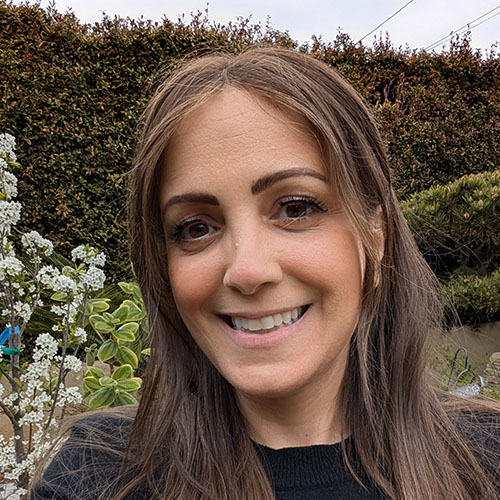






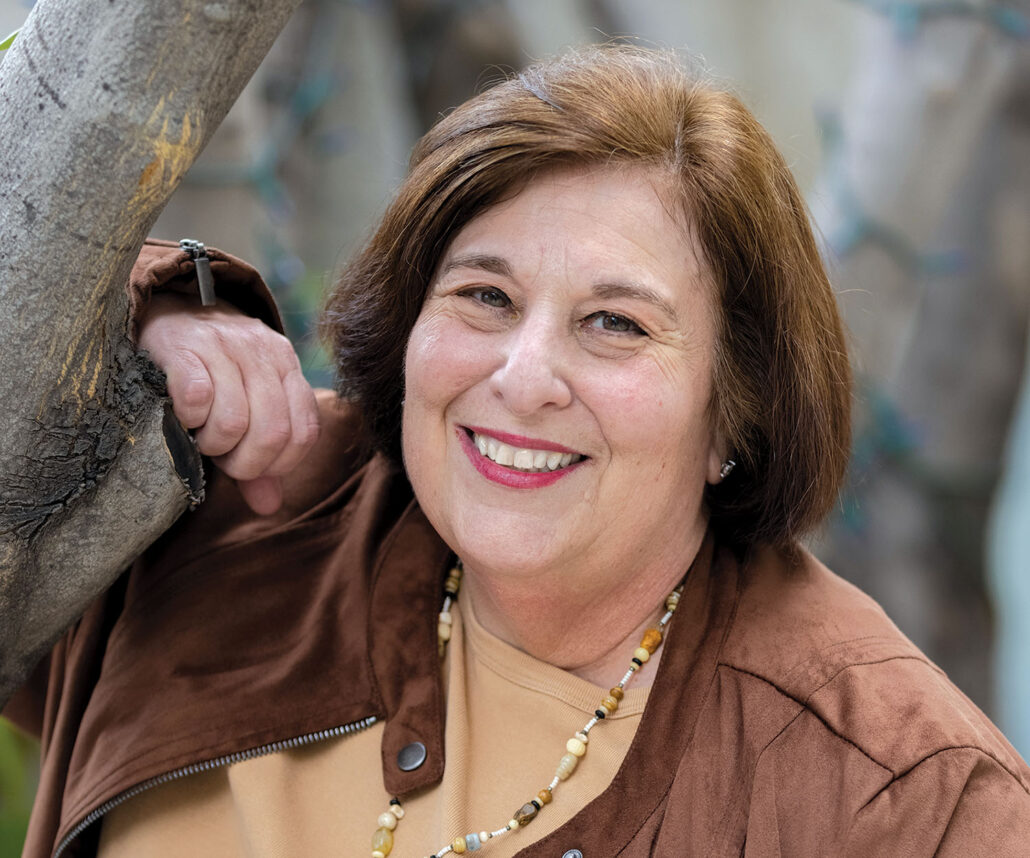
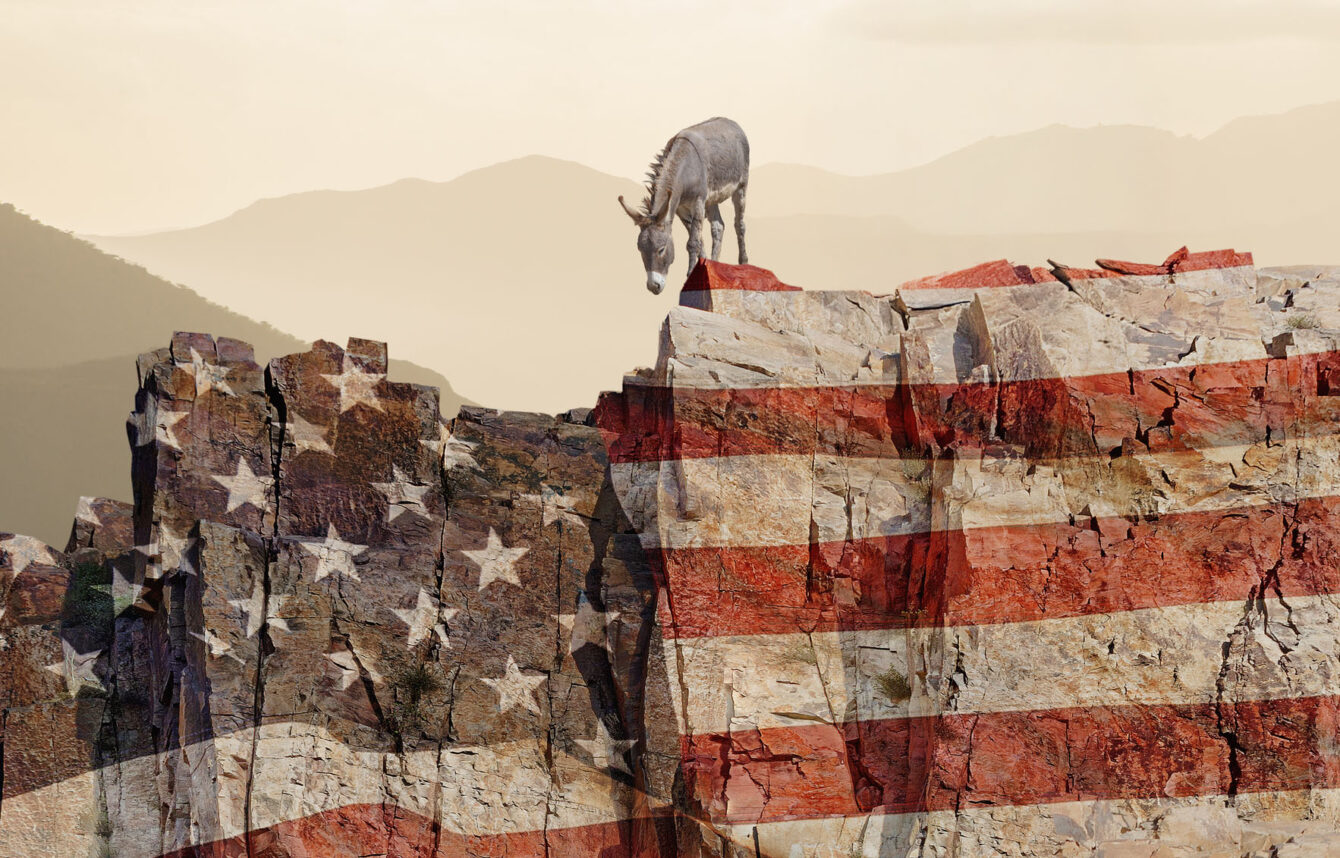

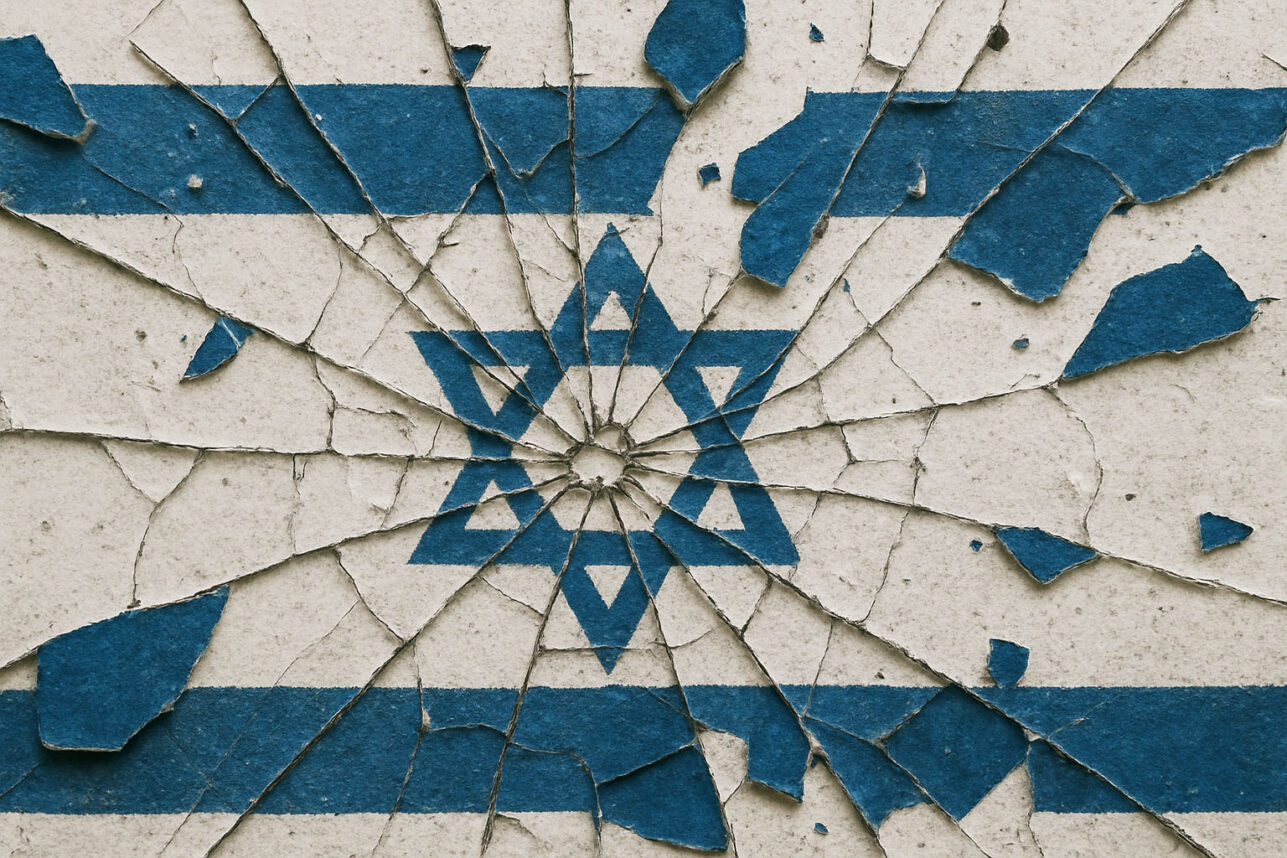
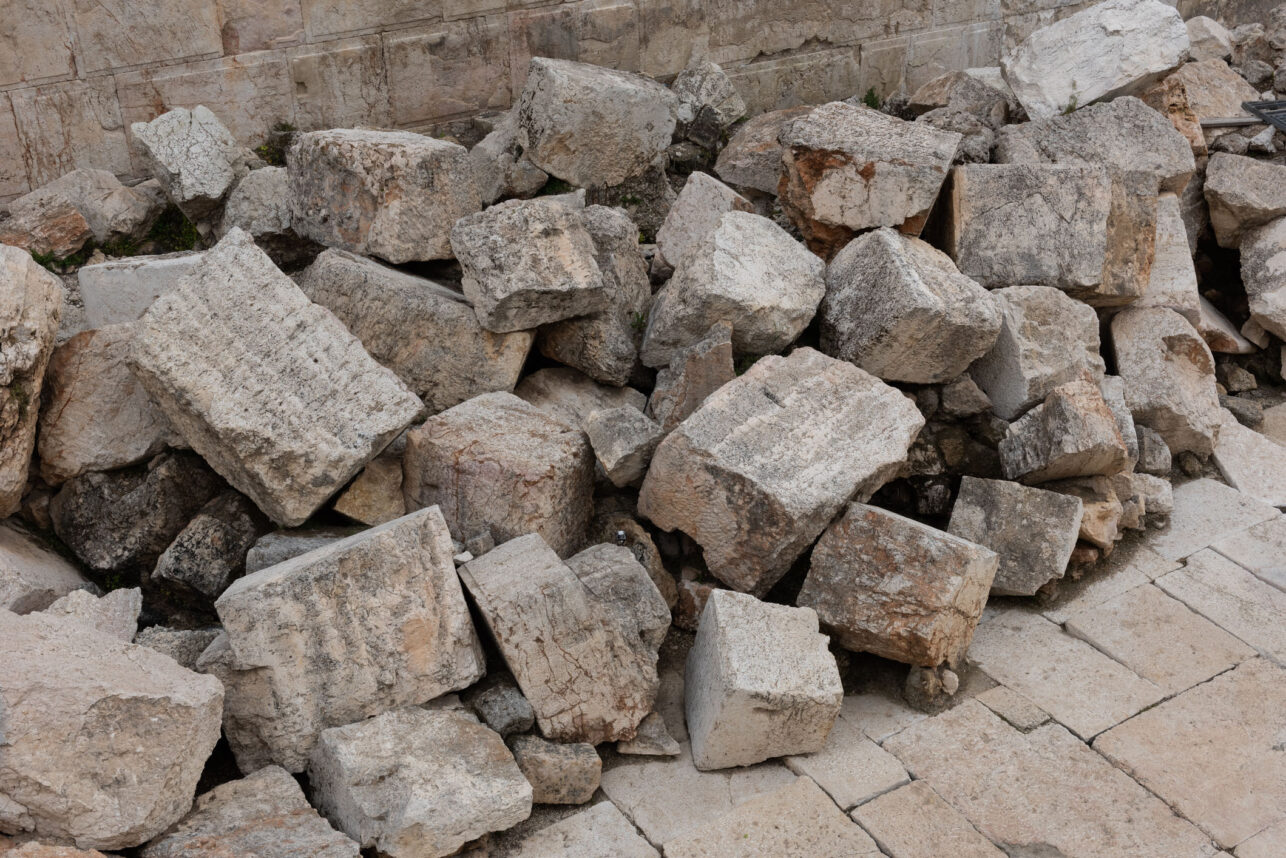
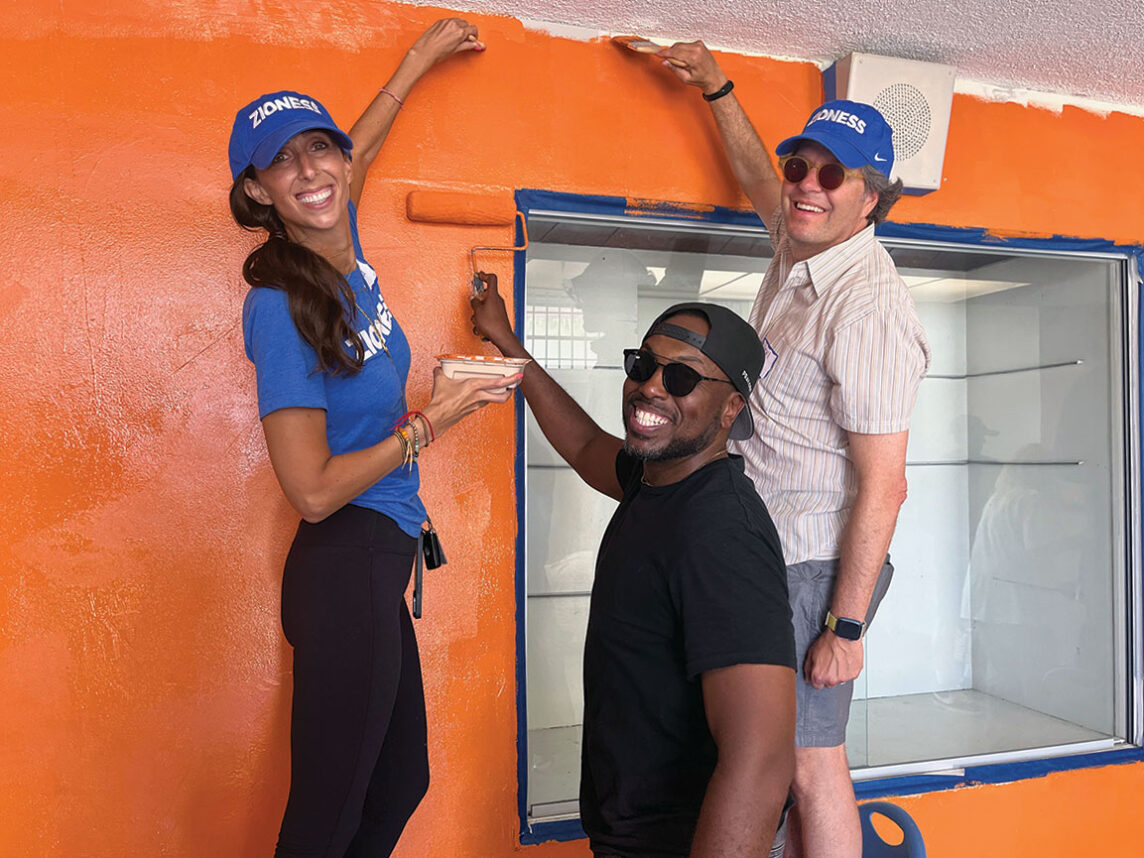
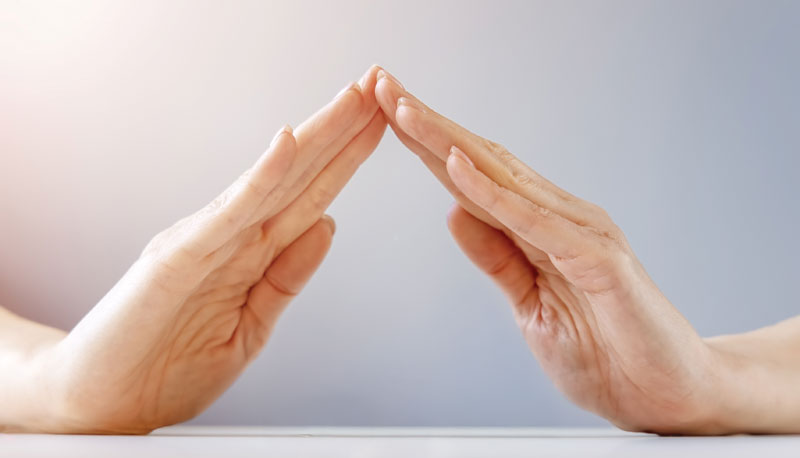
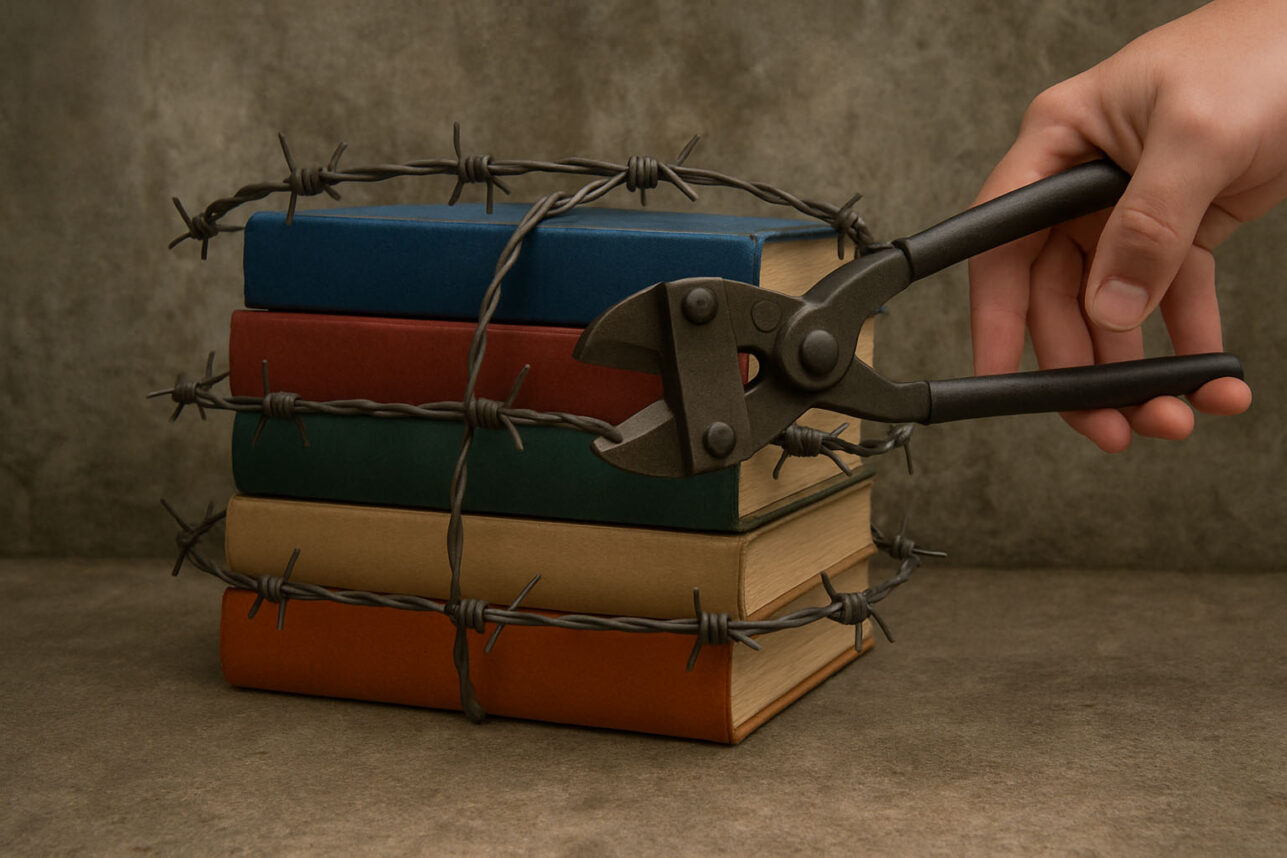
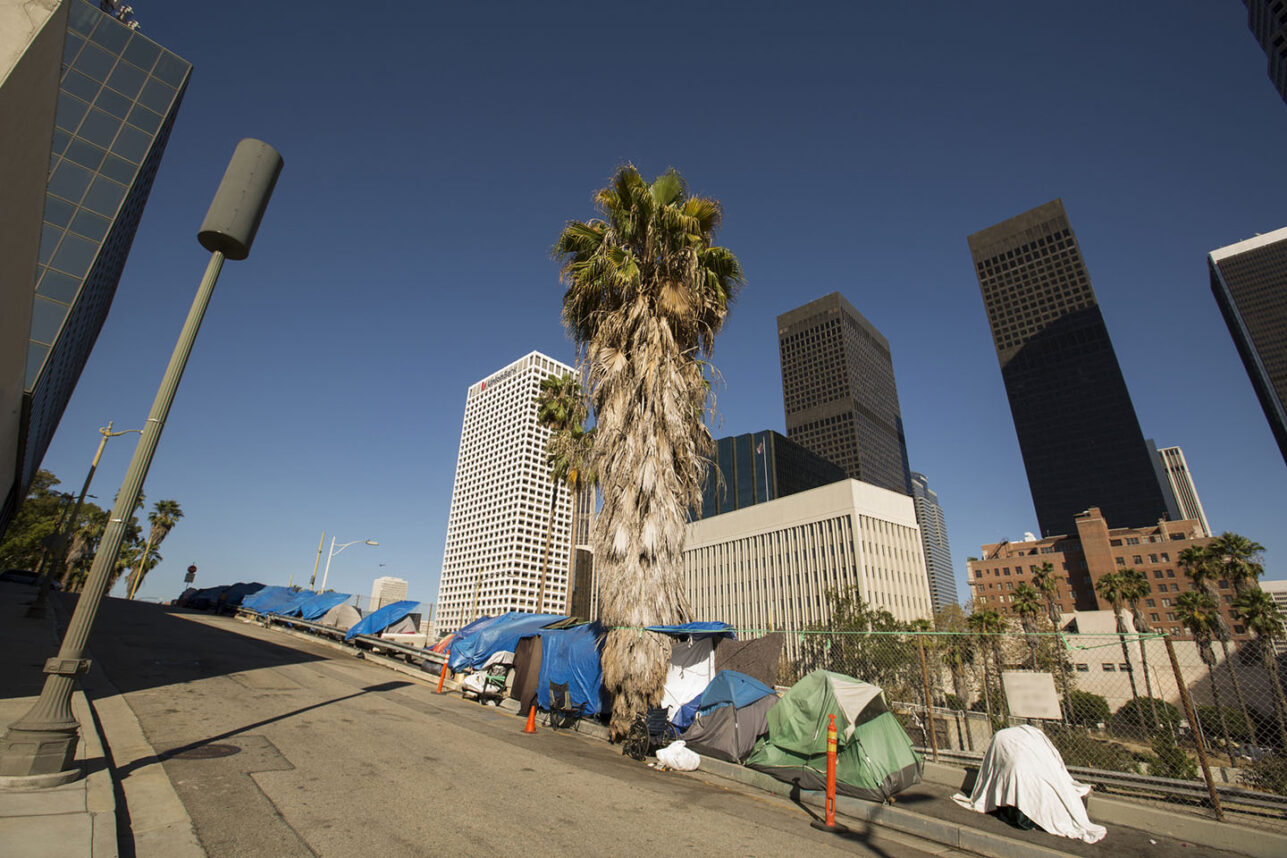
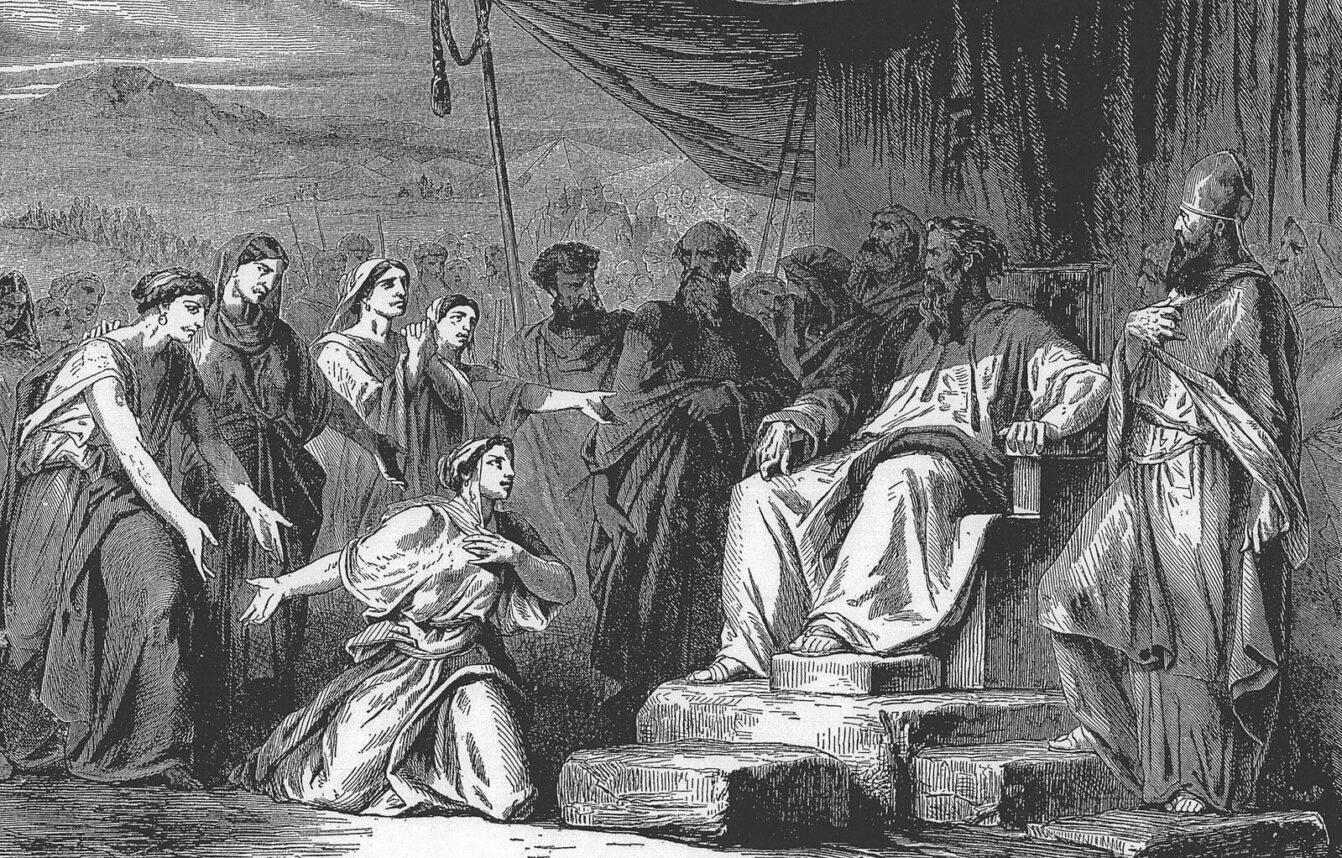
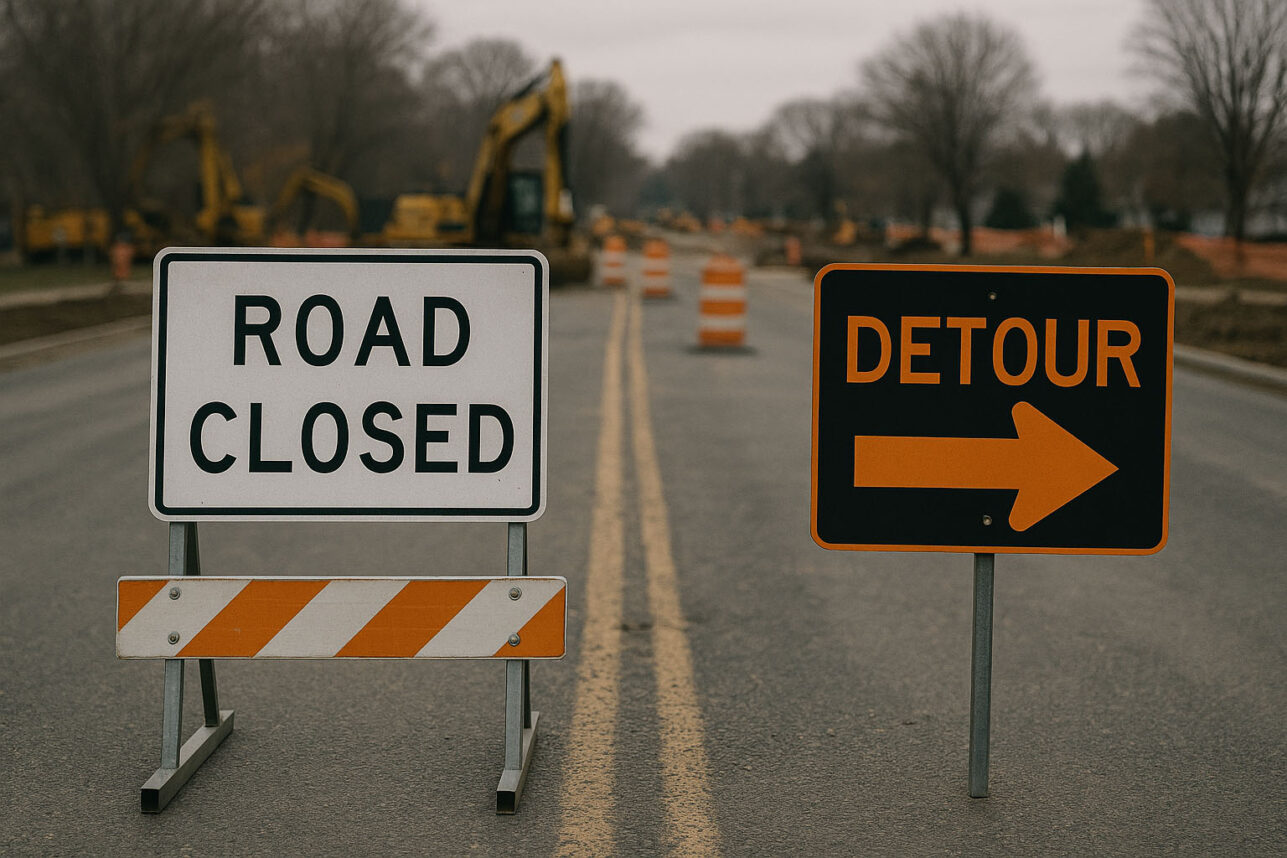



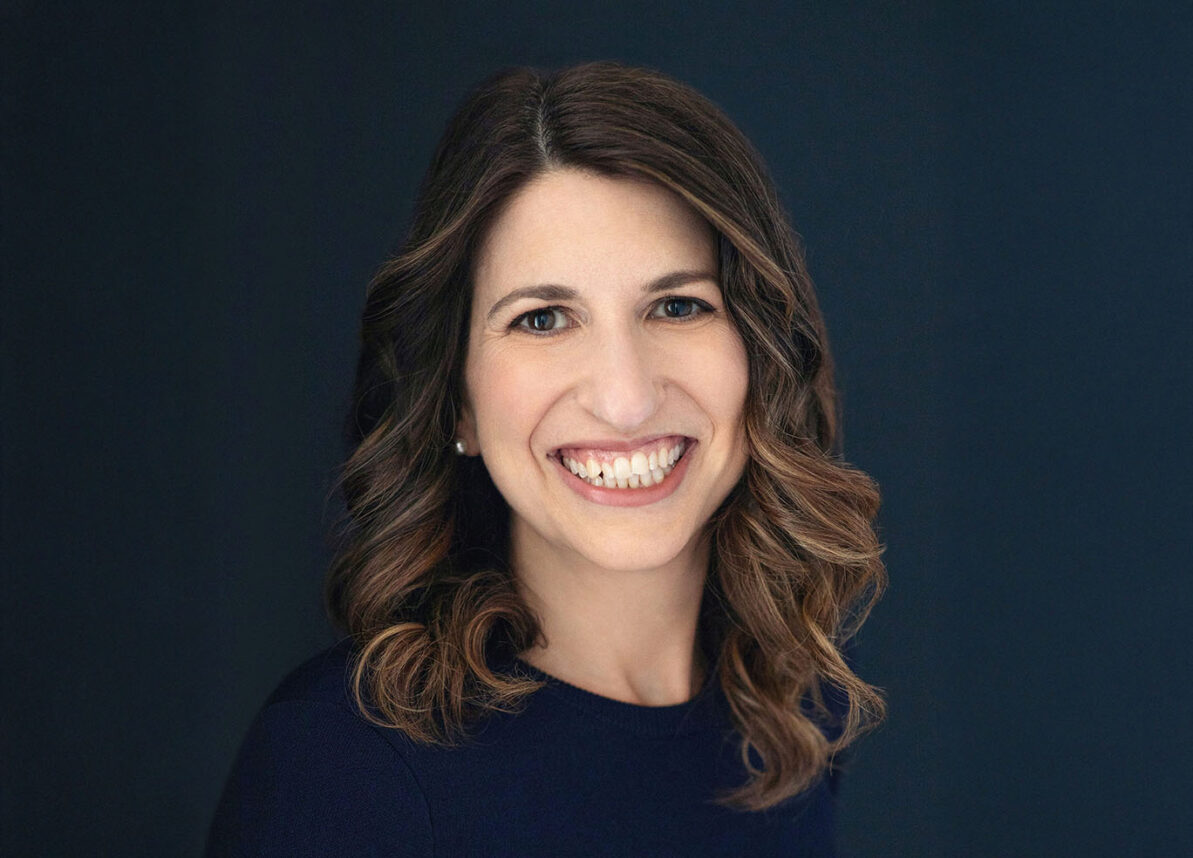
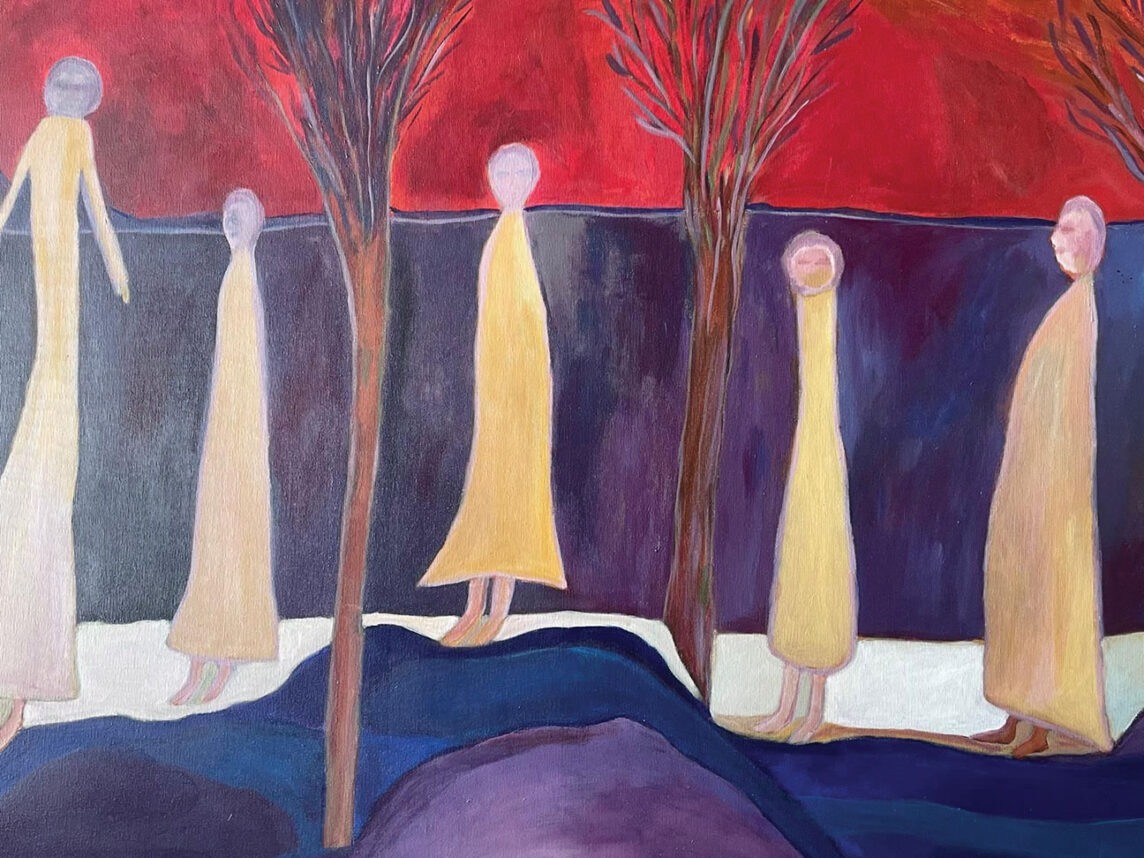
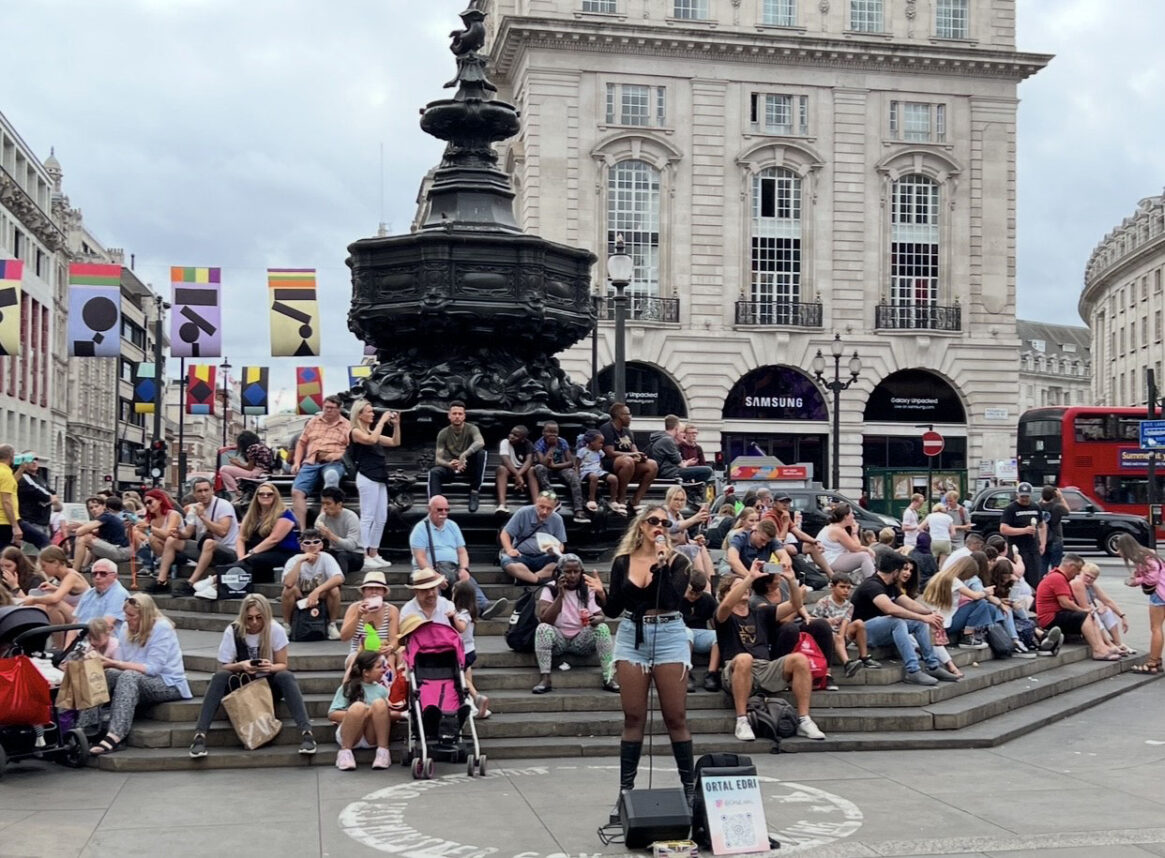
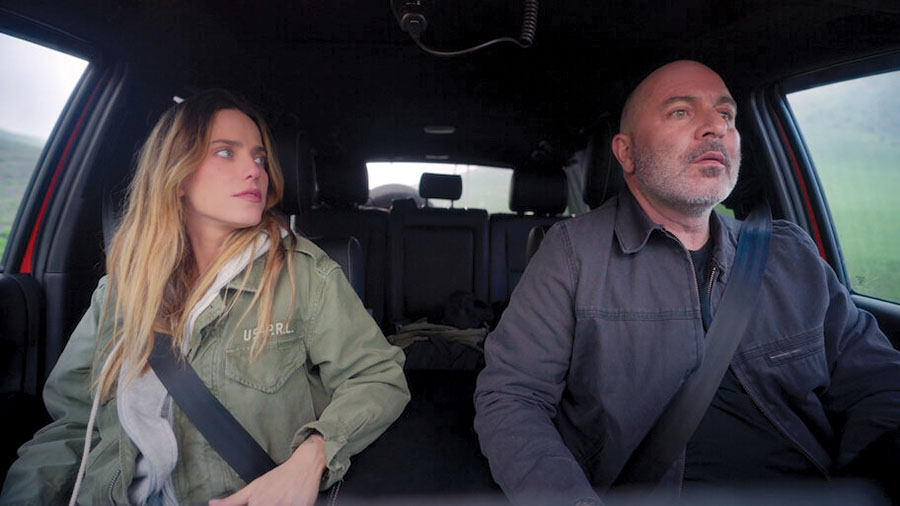
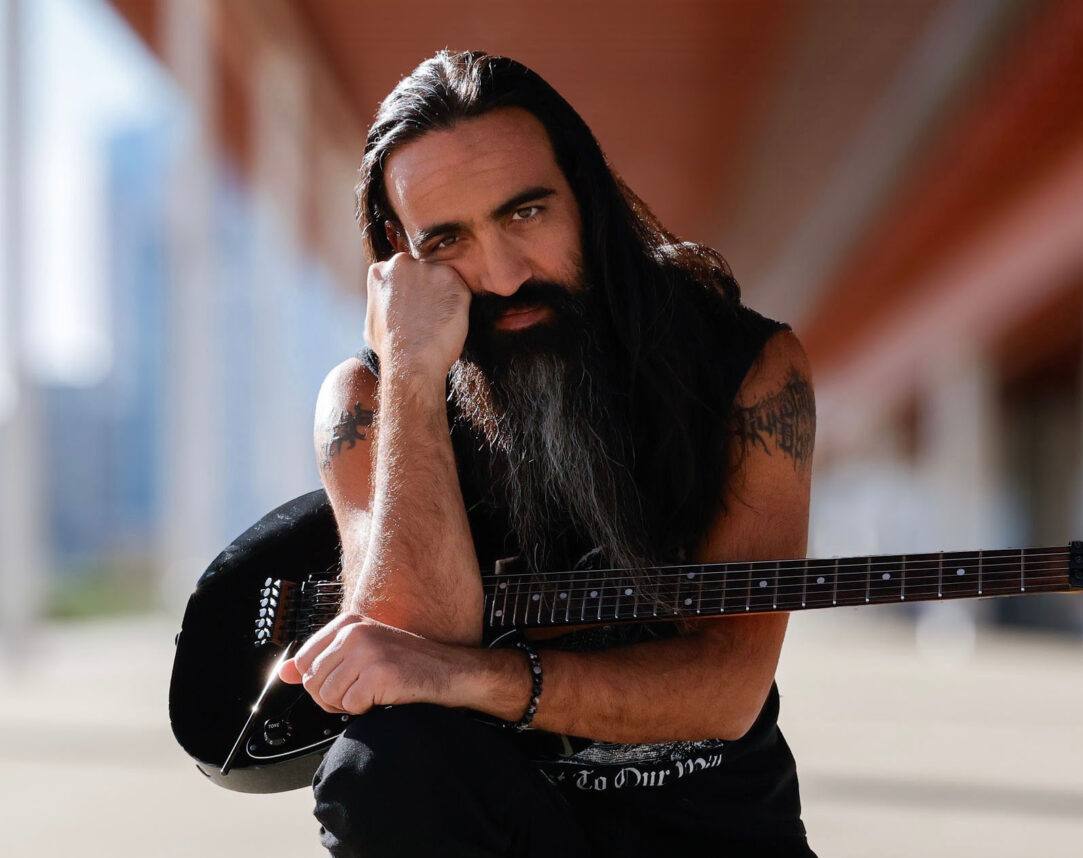
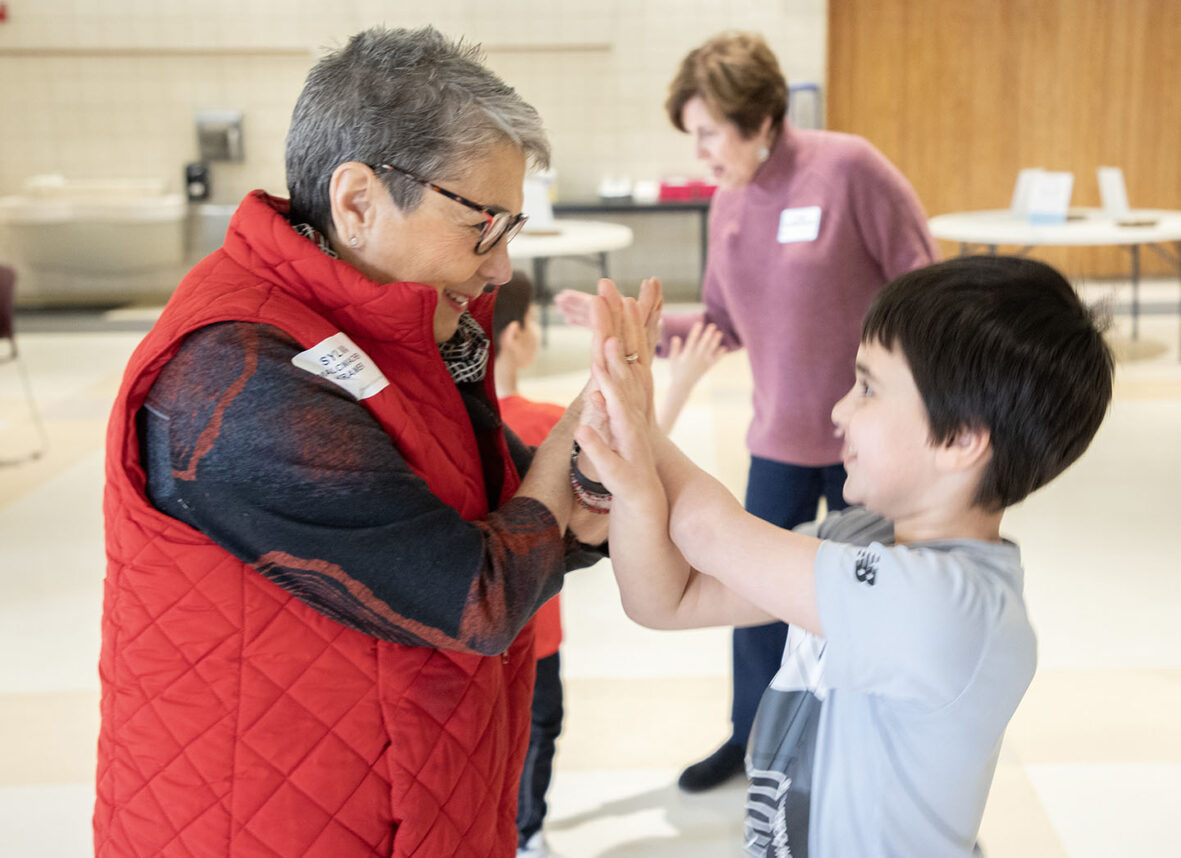

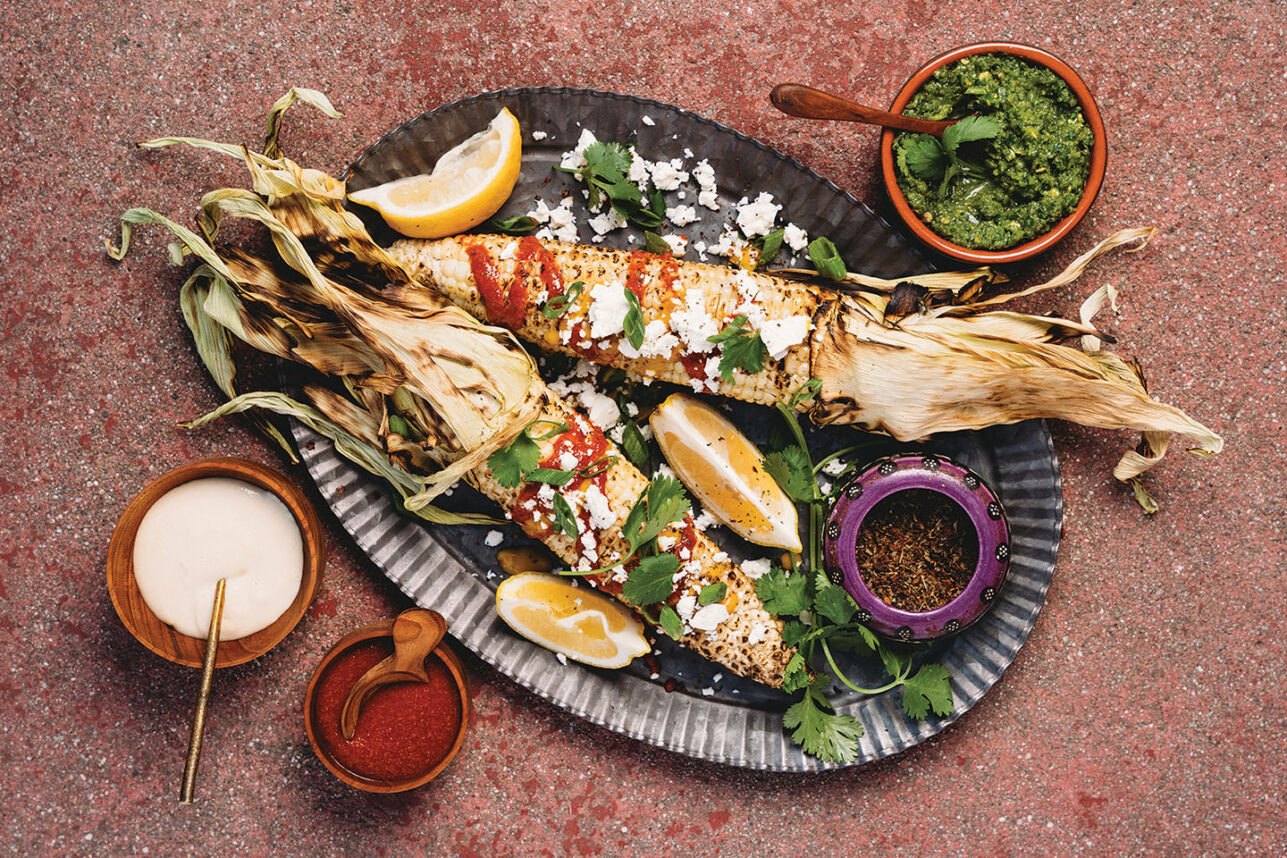
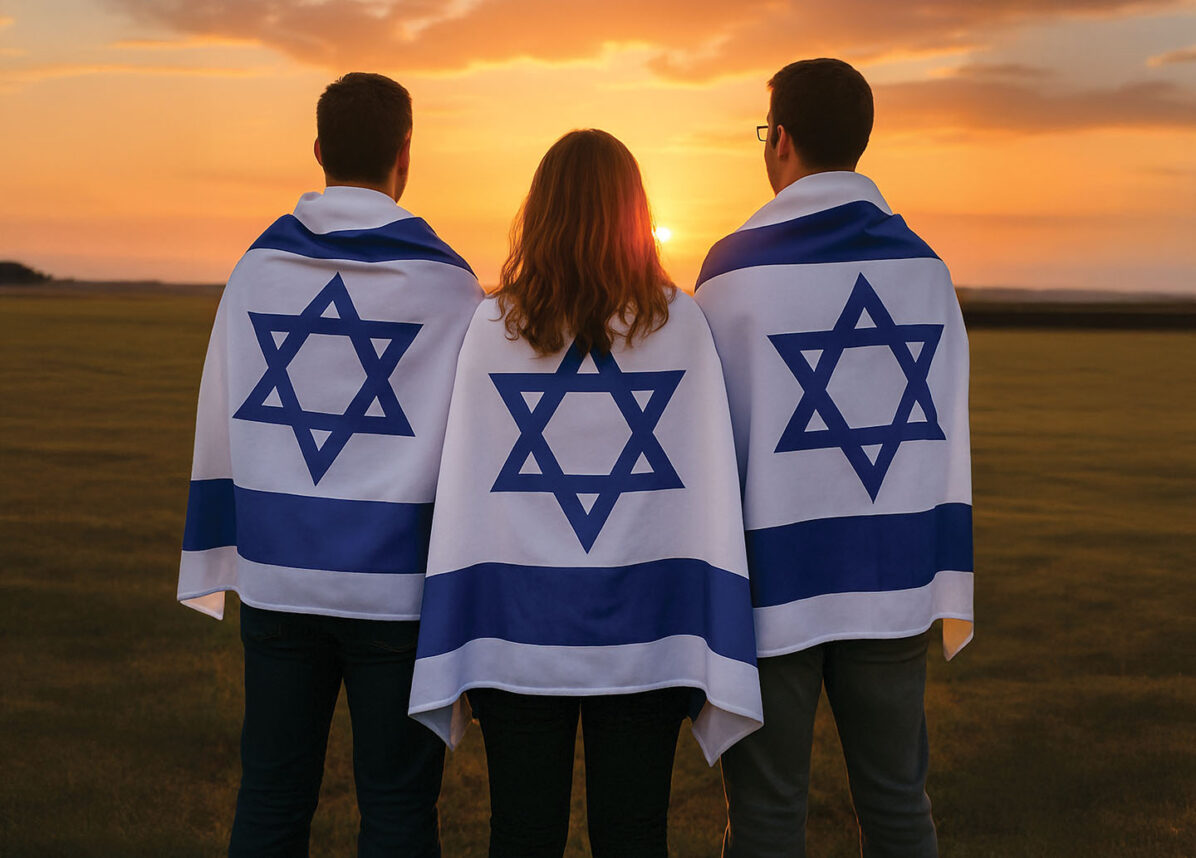

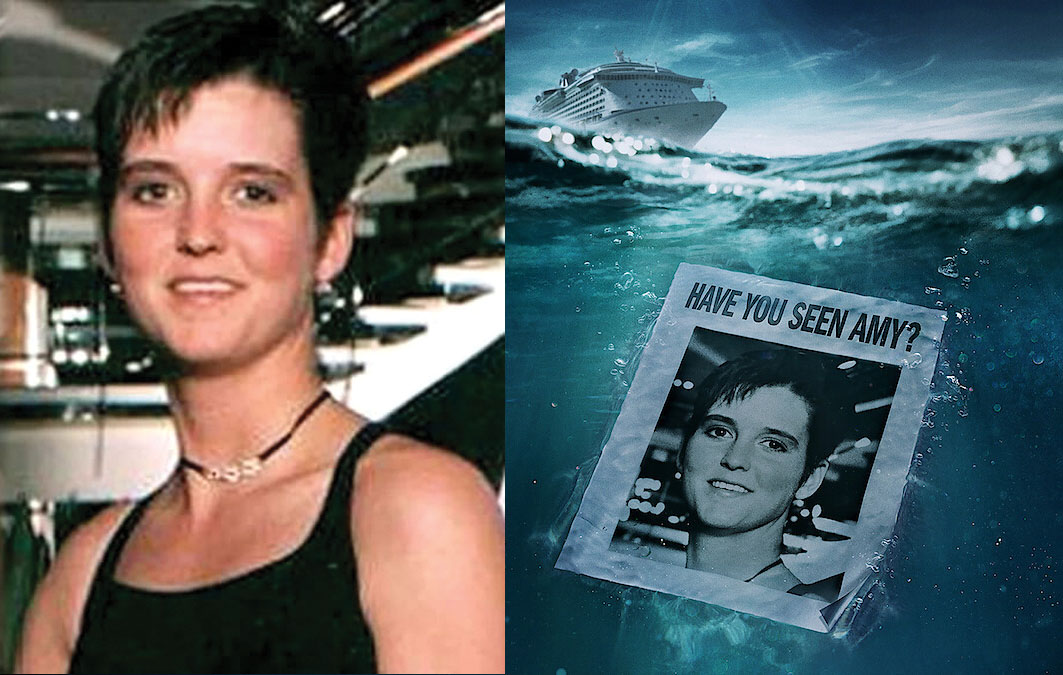
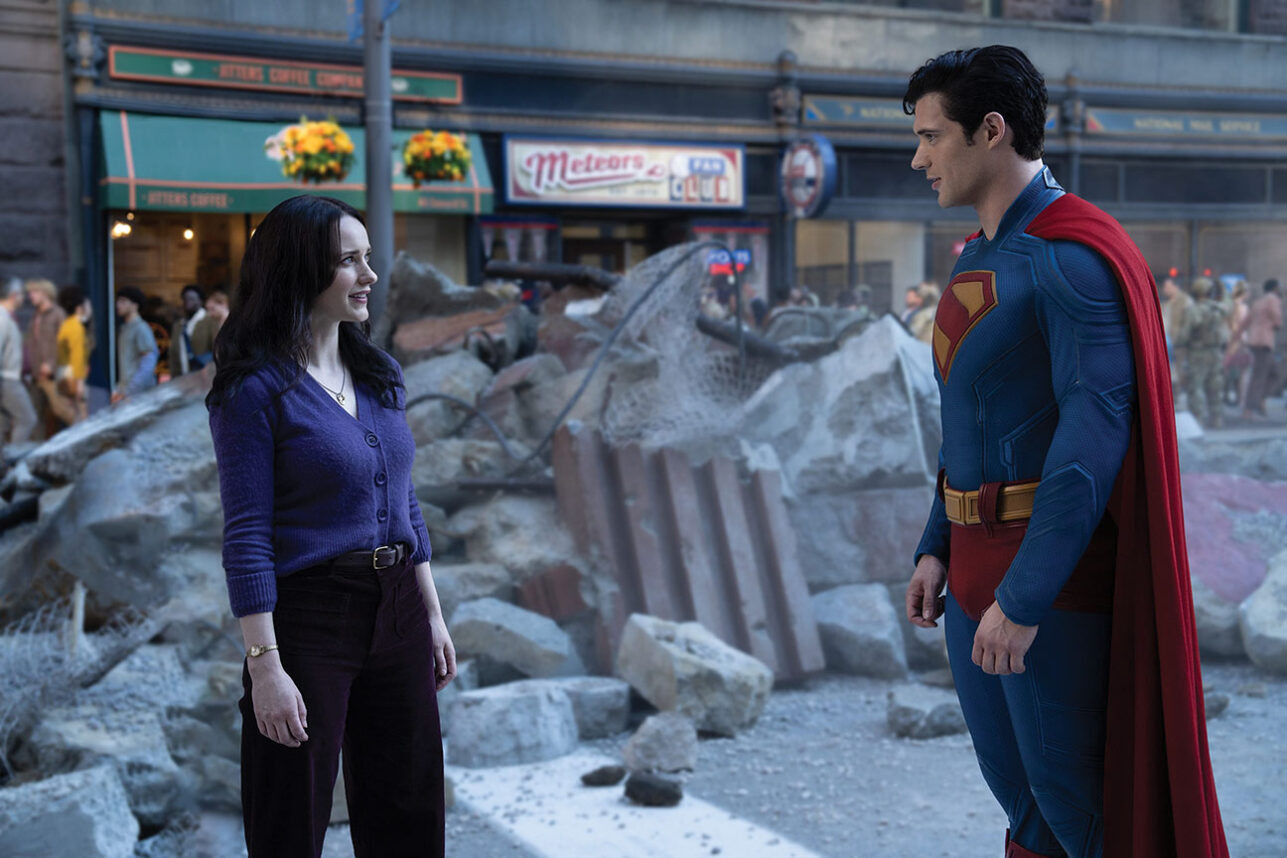

 More news and opinions than at a Shabbat dinner, right in your inbox.
More news and opinions than at a Shabbat dinner, right in your inbox.